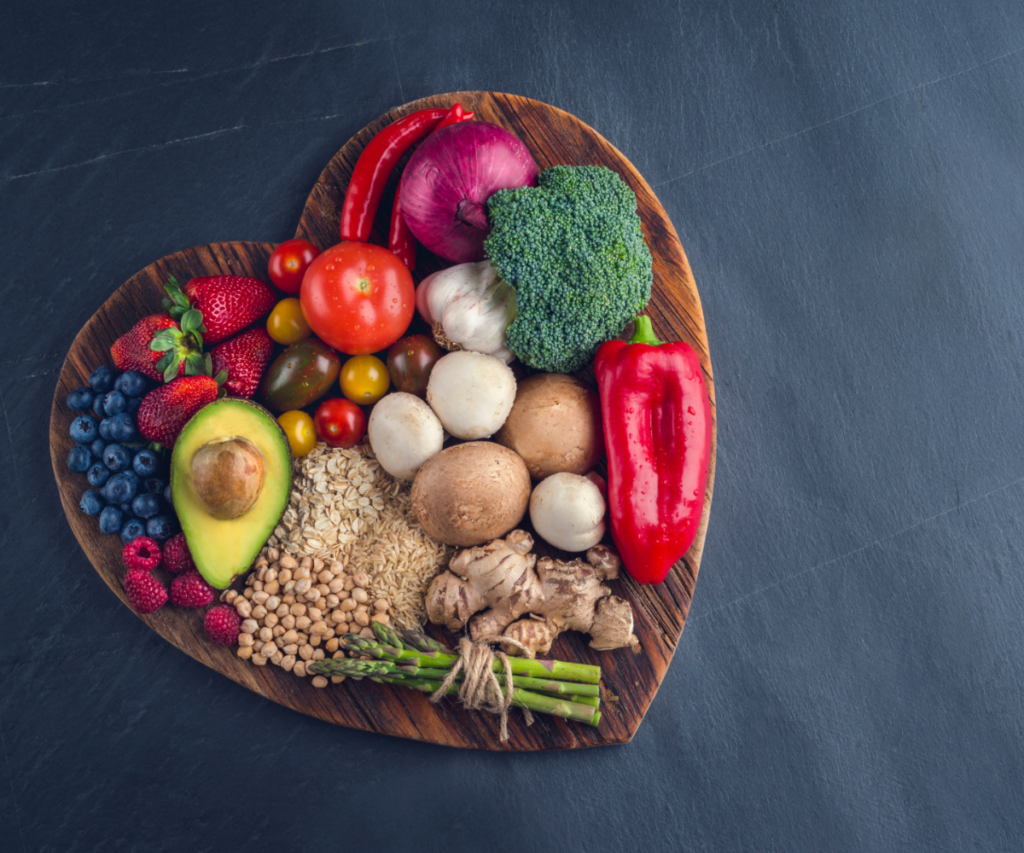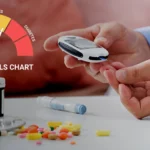Your Guide to Improving Your Heart Health
Taking care of your heart is one of the most important investments for long-term well-being. While quitting smoking is a key step toward better cardiovascular health, incorporating the best foods for improving heart health naturally into your diet can provide even greater benefits. Simple actions such as eating nutrient-rich meals, exercising regularly, and managing stress can protect your heart, improve blood circulation, and lower your risk of heart disease.

Heart-Healthy Diet Changes for Improving Heart Health
Start Your Day Right to Support Heart Health
Carrying excess belly fat can increase blood pressure and raise harmful cholesterol levels. Research has shown that reducing abdominal fat lowers the risk of cardiovascular problems. Start by cutting down on extra calories, controlling portion sizes, and choosing nutrient-dense meals over processed foods.
Manage Excess Body Fat to Improve Heart Health
A fiber-rich diet supports a healthy heart. Soluble fiber, in particular, helps reduce bad cholesterol (LDL). Foods like oats, beans, apples, avocados, and barley are excellent sources of soluble fiber that promote better cholesterol balance.
Never Skip Breakfast for Improving Heart Health
A healthy breakfast sets the tone for the rest of your day. Include whole grains such as oatmeal or whole-grain bread, lean proteins like eggs or nut butter, and fresh fruits or vegetables. Eating breakfast regularly helps maintain energy levels and supports weight management.
How Fish Can Help Strengthen Your Heart
Fish rich in omega-3 fatty acids—like salmon, tuna, and sardines—can reduce inflammation and lower the risk of heart disease. Aim to include fish at least twice a week for maximum benefitBest Foods for Improving Heart Health Naturally.
Control Body Fat to Support Improving Heart Health
Nuts like almonds, walnuts, and pecans are packed with heart-friendly fats, protein, and fiber. Eating a small handful daily can help reduce bad cholesterol and improve heart function. Remember, moderation is key since nuts are calorie-dense.
Manage Excess Body Fat
Too much salt contributes to high blood pressure and heart disease. Cut down on processed foods and restaurant meals that tend to be salt-heavy. Use herbs, spices, or salt substitutes to flavor your meals without compromising taste.
Reduce Body Fat for a Stronger, Healthier Heart
Limit foods high in saturated fats, such as fried items, butter, and fatty meats. Replace them with healthier options like olive oil, avocados, nuts, and seeds. Reading nutrition labels helps you stay aware of what you’re consuming.

Body Fat Management Tips for a Stronger Heart
Green and black tea contain antioxidants that may help reduce the risk of heart disease. Enjoying one to three cups daily can support heart health and overall vitality.
Enjoy Dark Chocolate in Moderation
Dark chocolate contains flavonoids that can help reduce inflammation and improve blood flow. Choose dark chocolate with a high cocoa content (70% or higher) and enjoy a small portion guilt-free.
Include Fiber-Rich Foods to Boost Heart Health
Stay Active Throughout the Day
Sitting for extended periods can negatively impact blood sugar and fat levels. Make a conscious effort to move regularly—take short breaks, stretch, and go for short walks to keep your heart pumping. Best Foods for Improving Heart Health Naturally.
Practice Yoga
Yoga promotes flexibility, balance, and stress relief. Regular practice helps reduce blood pressure, improves circulation, and supports a calm mind—all of which benefit your cardiovascular system.
Add Strength Training
Incorporating strength exercises into your fitness plan helps build muscle, burn fat, and boost metabolism. Stronger muscles mean better heart efficiency and improved endurance.
Try Interval Training

Alternate between high-intensity and low-intensity activities. Interval training not only burns more calories but also strengthens your heart and lungs.
Dance for Fun and Fitness
Dancing is a joyful way to stay fit. It improves heart rate, enhances coordination, and can burn up to 200 calories per hour—all while keeping your spirits high.
Engage in Healthy Intimacy
Studies suggest that regular sexual activity can help lower blood pressure and improve circulation, benefiting both emotional and physical well-being.
Go for a Daily Walk
Walking is one of the simplest and most effective exercises for heart health. Even a 30-minute walk each day can lower stress, regulate blood pressure, and boost your mood.
Take the Stairs
Small choices can make a big impact. Skip the elevator and take the stairs whenever possible to strengthen your heart and legs.
Turn Housework into a Workout
Cleaning, mopping, and gardening all get you moving. Add energy to your chores with music and turn them into calorie-burning activities.
Play Like a Kid Again
Physical activity doesn’t have to be boring. Try roller skating, bowling, or playing outdoor games. Have fun while keeping your heart strong.
Mental Health and Heart Health
Engage in Relaxing Hobbies
Creative hobbies like painting, knitting, or cooking can lower stress levels and support heart health. Keeping your hands busy helps your mind relax.
Laugh More Often
Laughter releases endorphins, lowers stress hormones, and can even raise “good” cholesterol levels. Watch comedies, share jokes, or spend time with cheerful friends.
Manage Stress Effectively
Prolonged stress can increase blood pressure and inflammation. Meditation, deep breathing, journaling, or simply spending time outdoors can help you unwind and improve emotional balance.

Monitor Your Health Numbers
Keep track of your blood pressure, blood sugar, cholesterol, and triglyceride levels. Regular check-ups can help detect and prevent heart-related issues early.
Consider Pet Companionship
Spending time with pets has been linked to lower stress levels, improved heart function, and reduced risk of heart disease. Whether it’s walking your dog or playing with a cat, the joy they bring benefits your heart.Best Foods for Improving Heart Health Naturally
Drive Calmly and Mindfully
Stressful commutes can elevate blood pressure. Try listening to soothing music or taking scenic routes to help you stay calm and relaxed behind the wheel.




